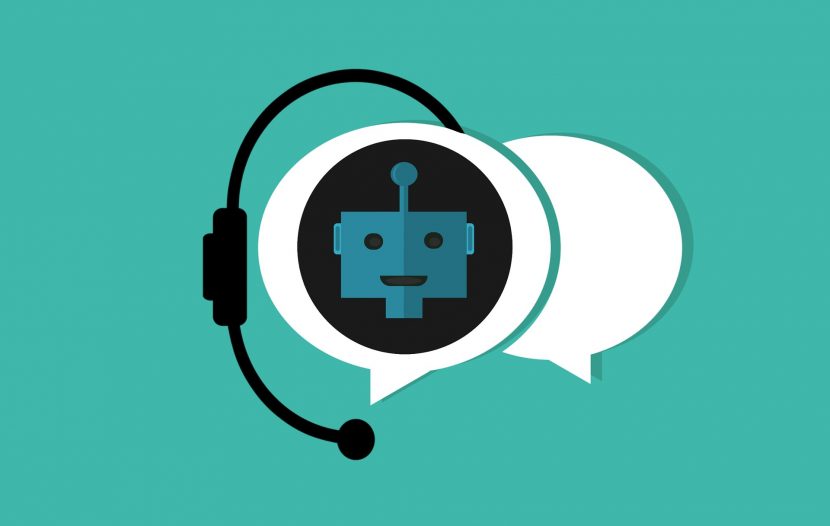Customer service has evolved massively over the years. Gone are the days of writing to a company and spending the next month anxiously waiting for a reply, or of being glued to the phone, impatiently listening as you’re told you’re now 199th in the queue.
The shift of customer service to the digital space was undoubtedly the biggest change to hit the CX sector, but smaller changes have continued to be introduced in an effort to optimize processes and meet ever shifting customer expectations. Today, 80% believe that the level of customer service offered by a business is just as important their products and/or services, so it’s safe to say that customer experience will continue to dominate next year, but new trends can we expect to emerge in the sector in 2020?
Consistency Over Novelty
Back in 2017, three quarters of customers cited brand humor as important on social media; brands such as Sega and Taco Bell have hit the headlines many times for their witty, unique responses to customer concerns, but will this approach still stand in 2020?
Perhaps not. And the reason is the rise of the omnichannel customer. Today’s customers aren’t bound to any one platform; they bounce around and, when they do, they expect to see a consistent brand message no matter where they are. Unless brands have the same comic customer service rep managing social media, emails, phone calls, and live chat, novel responses will create a feeling of inconsistency for customers.
Self Service
There’s a theory that customers don’t want to contact businesses when they have a problem, and it’s a theory that’s backed up with particularly strong data. Use of website FAQs increased from 67% to 81% in the US in just 5 years, and forum use also rose by 25%.
But this reduced desire to contact a business doesn’t mean that customers aren’t willing to reach out in an effort to solve their problem… it means that they just don’t want to engage with an actual person. Research by Gartner shows that the implementation of a chatbot typically reduces calls, emails and human-based live chat by 70%, suggesting that virtual solutions such
as chatbots could be big next year.
Empowered Technologies
If, as we predict, new technologies such as chatbots are going to infiltrate the customer service world next year, it’s important to ensure that these technologies are empowered to take action, solve problems, and satisfy the needs of the customer.
We’ve seen the idea of first line empowerment slowly but surely work its way into the customer service world. Ritz-Carlton Hotels are famous for this, with customer service reps empowered to solve problems without escalation with up to $2000 per day. We can reasonably expect this concept of empowerment to seep into CX technologies, with chatbots provided with resources to solve problems without human intervention.
Focus on Soft Skills
There’s a growing concern that automated technologies will replace some customer service roles. Is this likely to happen next year? No. But what IS likely to happen is that new technologies will shift the duties and responsibilities of customer service employees.
With chatbots taking over first line support, customer service roles will become much more complex, handling issues at the more advanced stages which are not predictable enough to be solved through automation. This means that soft skills — listening and empathy, for example — will become a much more vital consideration for businesses, and many may choose to adapt their hiring approach to find these skills.
ConvertoBot is a leading chatbot website and social media bots platform. Start a free trial today.

